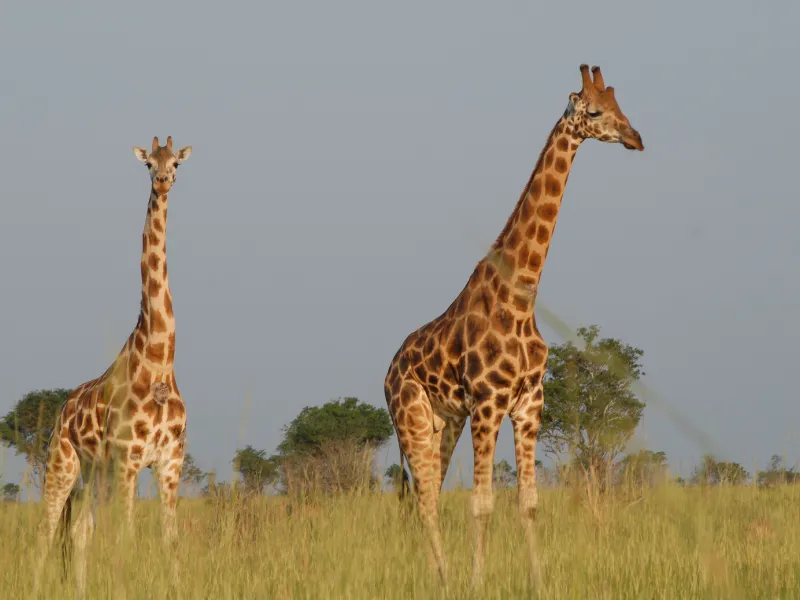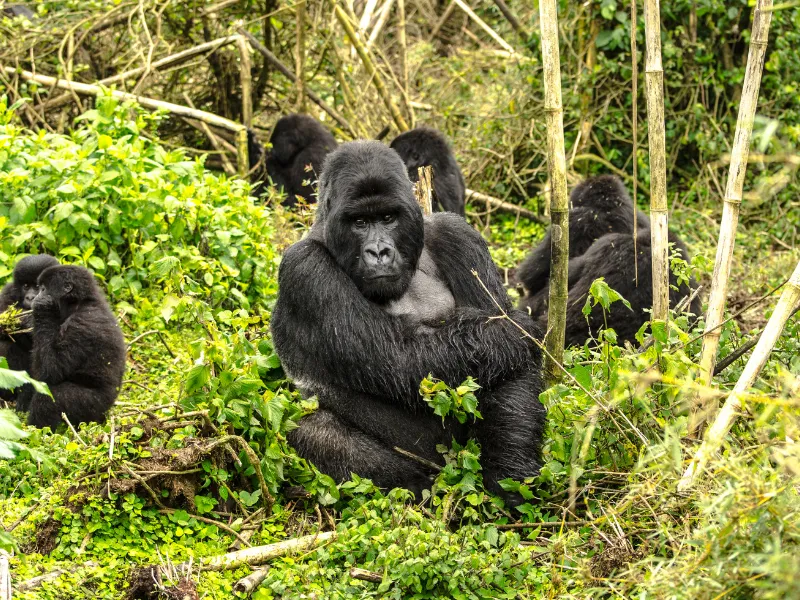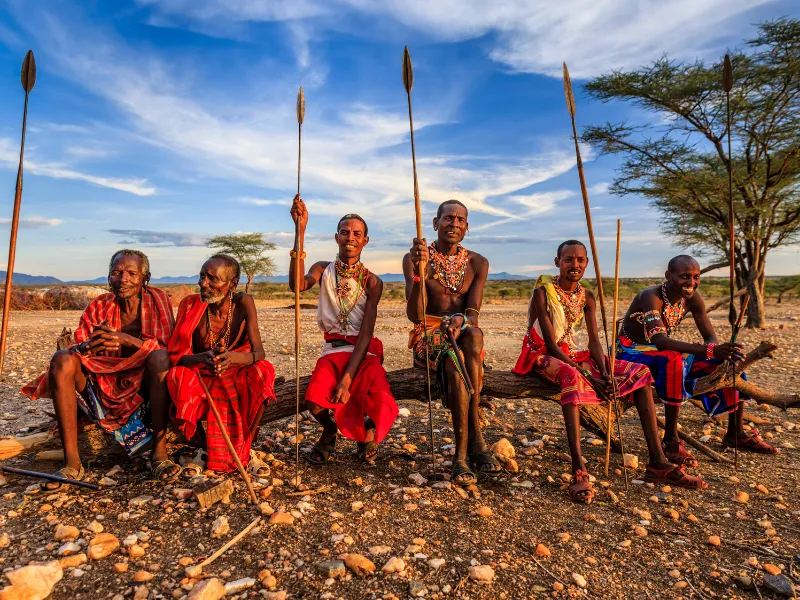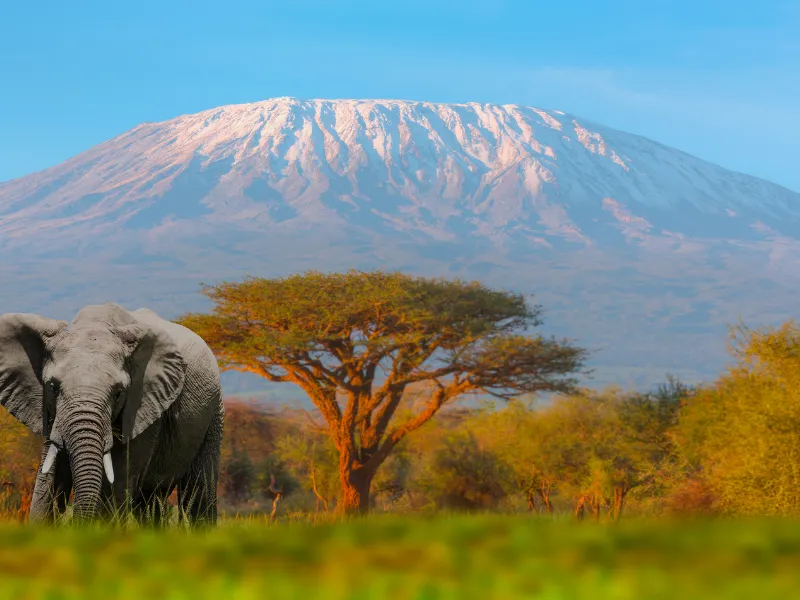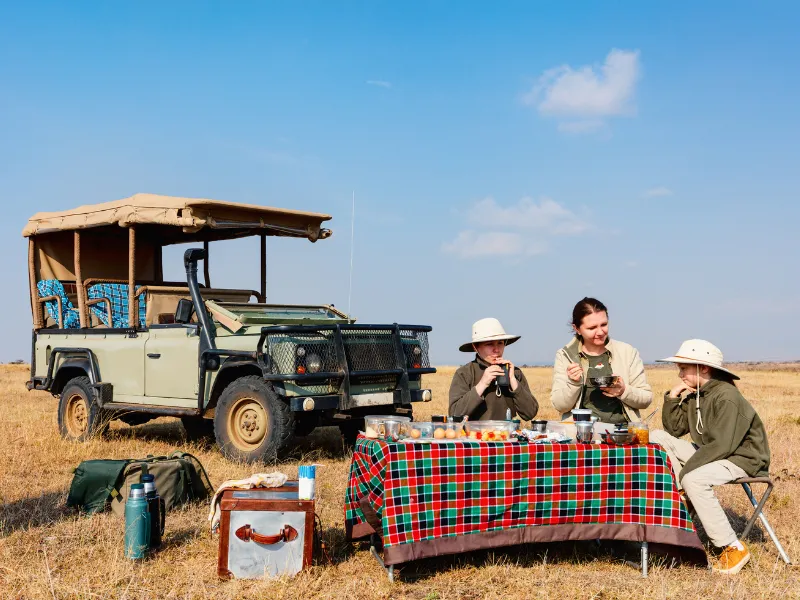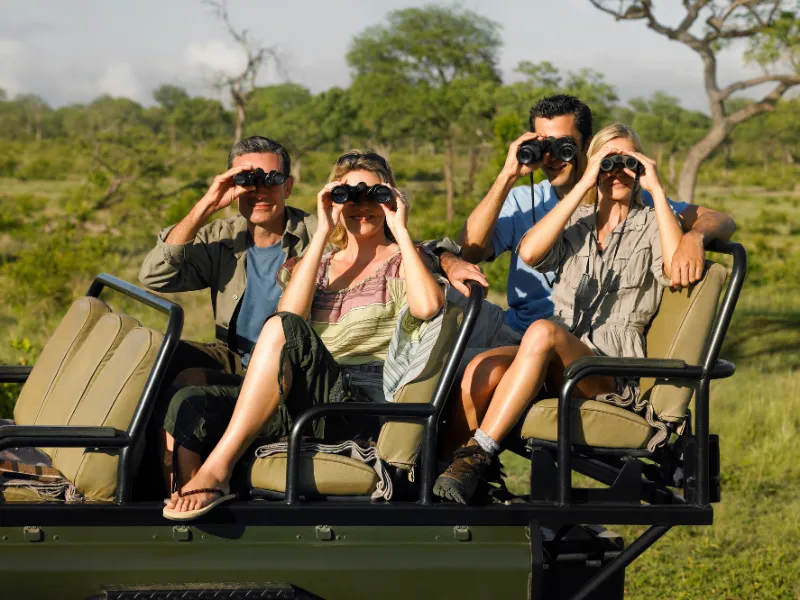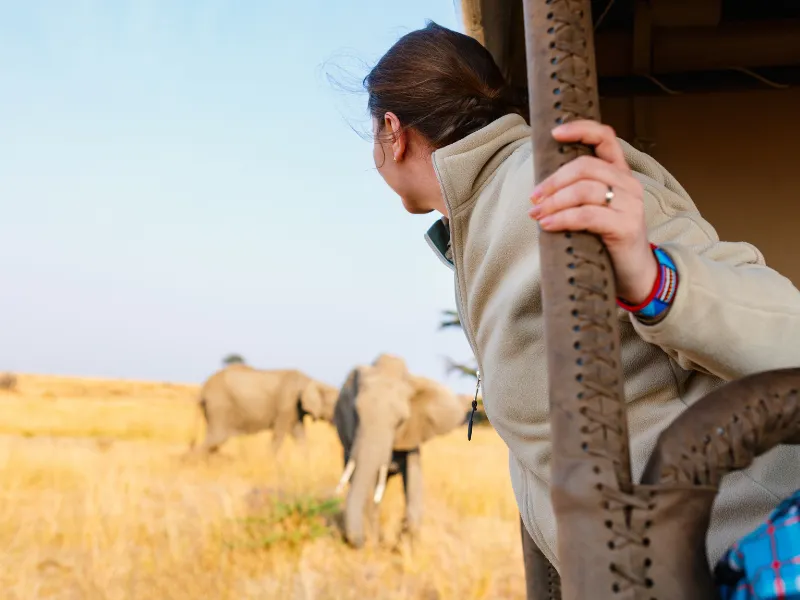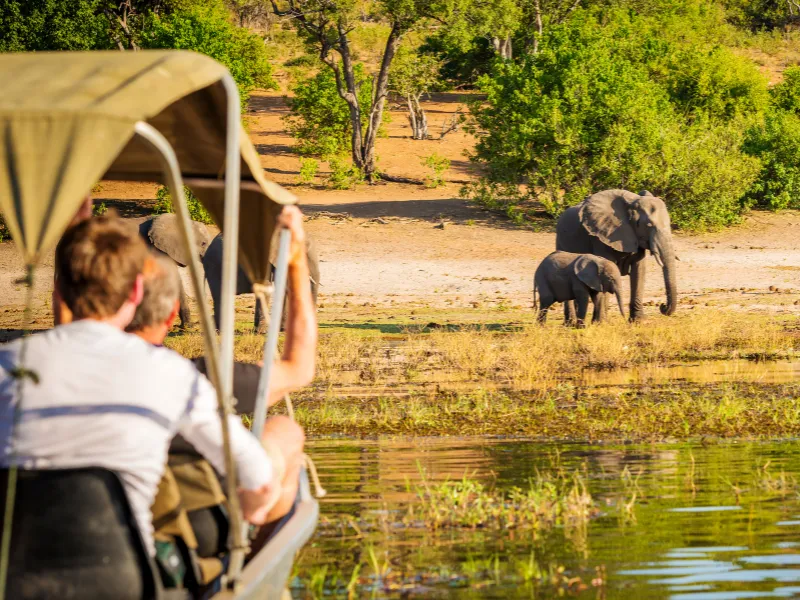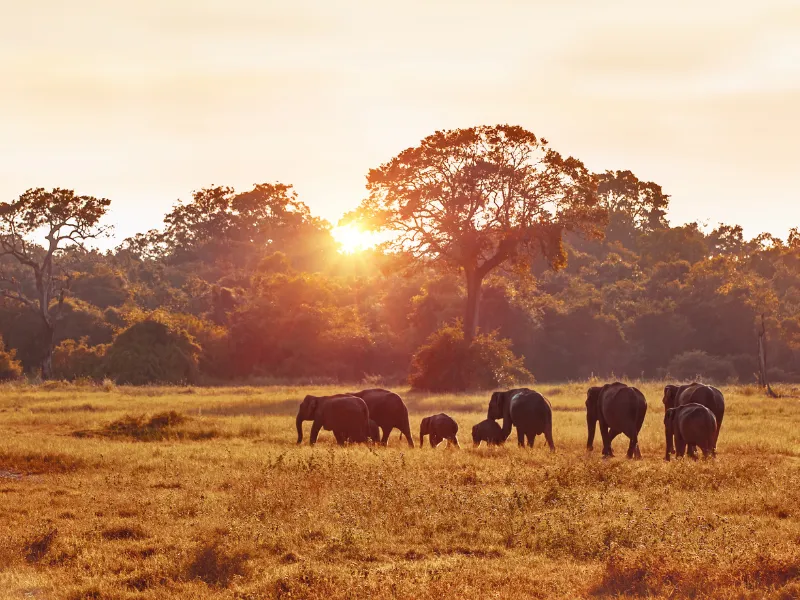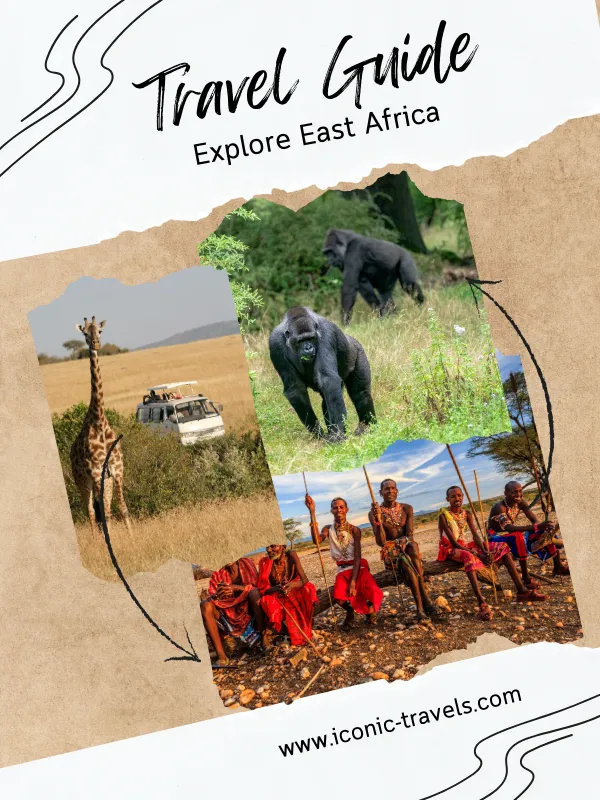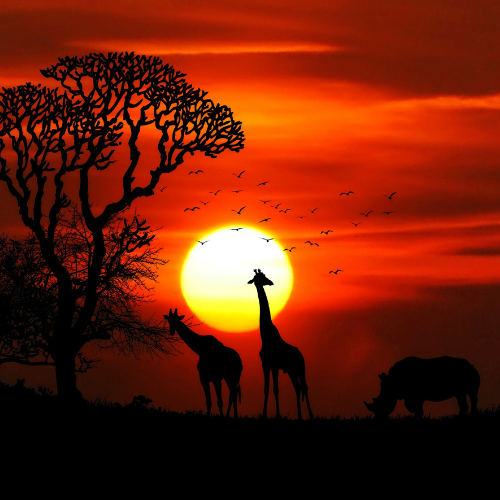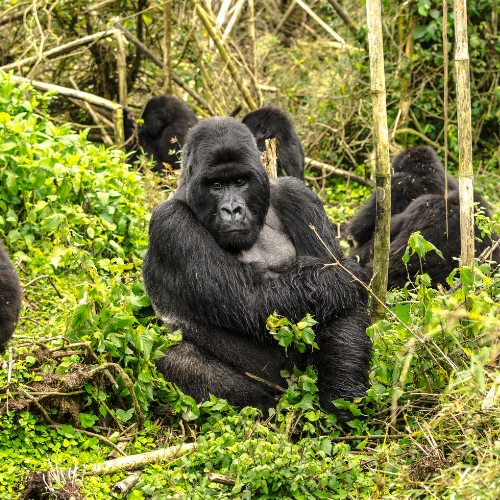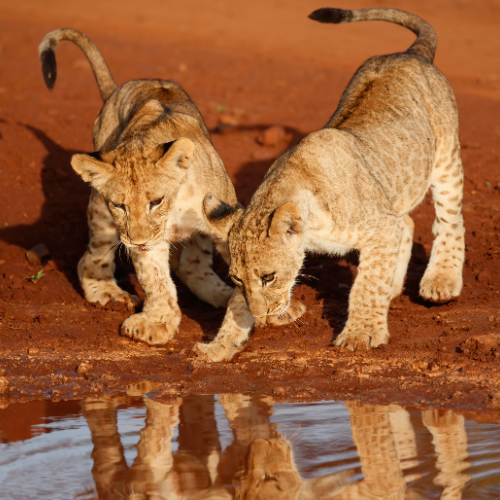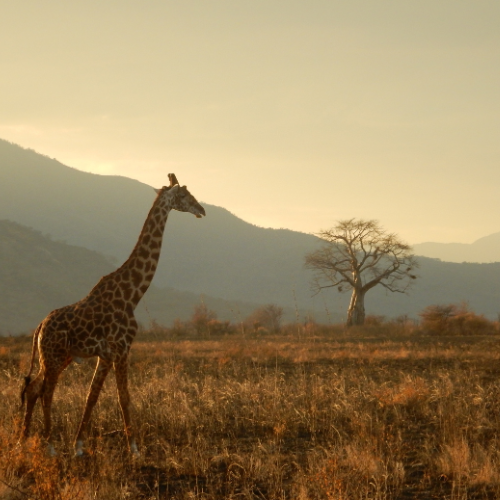Your Adventure, Made Iconic
Your Adventure,
Made Iconic
Elevate Your Travel Experience with Expertly Planned Adventures
Why Travel With Iconic Travels
At Iconic Travels, we’re not just another safari company. We’re your partner in creating a journey that’s entirely yours. Whether it’s your first safari or your fifth, every detail is built around what matters to you.
We believe that traveling is not just about seeing new places but also about making meaningful connections and creating lasting memories. We are committed to ensuring that our clients have an authentic and immersive experience that they will cherish for a lifetime. Whether you are traveling alone, with family, or friends, we guarantee that you will have a memorable experience with us.

Bespoke Experiences
Custom Itineraries, Just for You.

Local Expertise
Authentic, Knowledgable Specialists.

10+ Years
Of Industry Experience.

200+
Happy Travel Clients.


Bespoke Experiences
At Iconic Travels, every journey is thoughtfully designed. Whether it's tracking gorillas through misty forests, drifting on the Nile at sunset, or connecting with remote communities, your safari is built around what moves you.
Bespoke Experiences
At Iconic Travels, every journey is thoughtfully designed. Whether it's tracking gorillas through misty forests, drifting on the Nile at sunset, or connecting with remote communities, your safari is built around what moves you.
Sample Itineraries to Inspire You
Not sure where to visit? Whether you're celebrating a milestone or seeking a much-needed escape, let this inspiring selection of favorites guide your journey.
Gorilla Trekking Itinerary
💼 From $3,894 / person
✈️ Airport transfers included
Tarangire, Serengeti & Ngorongoro Crater
💼 From $9,800 / person
✈️ Includes transfers & park fees
Masai Mara Safari
💼 From $4,350 / person
✈️ Daily game drives included
Murchison, Ziwa & Nile
💼 From $1,730 / person
✈️ Transfers from Kampala included
Iconic Travels Reviews
Discover how our services have created memories that go beyond the ordinary.
Ready to Explore More?
Our travel experts are ready to start creating your customized trip.
Travel Responsibly
At Iconic, we believe travel should benefit everyone—our guests, the environment, and the communities we visit.
We partner with local communities to create meaningful experiences and jobs.
A portion of each trip supports wildlife conservation and anti-poaching efforts.
We minimize our footprint with sustainable lodges and eco-conscious travel options.
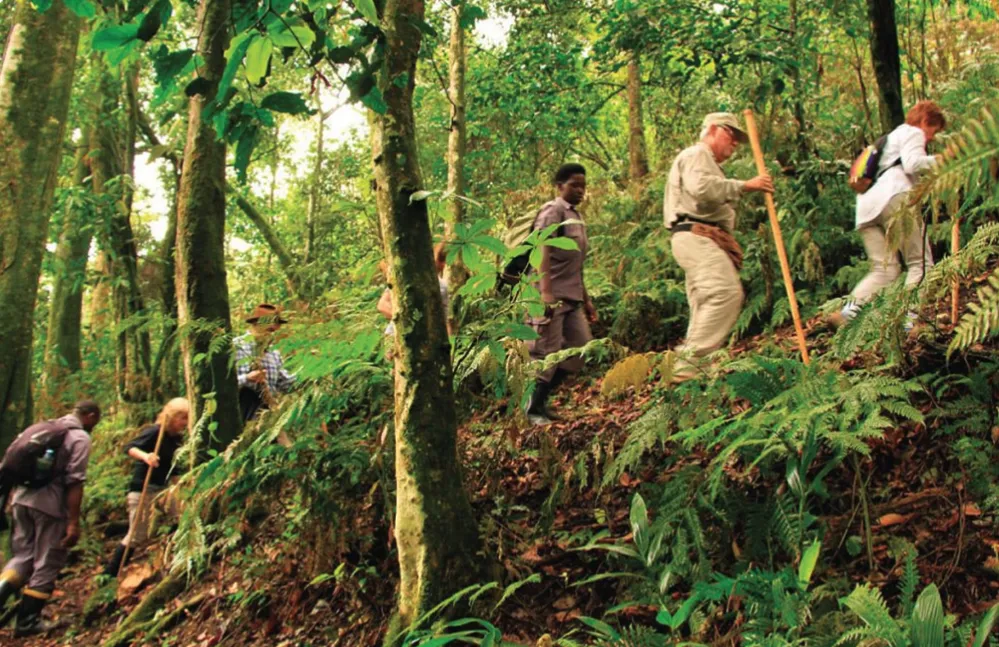
The Iconic Journal
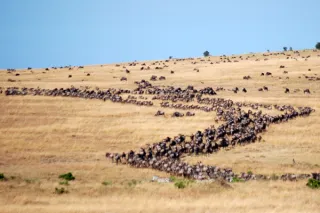
Your Ultimate Guide to Experiencing East Africa's Great Migration!
Imagine a world where millions of hooves thunder across vast plains, a spectacle so grand it's visible from space. ...more
Destination Guides
August 04, 2025•7 min read
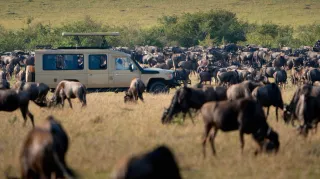
Tanzania: From Safari Icons to Seaside Dreams
Uncover the magic of the Serengeti, Ngorongoro Crater, and Zanzibar in one seamless, soul-stirring journey through East Africa’s most legendary landscapes. ...more
Destination Guides
July 04, 2025•4 min read
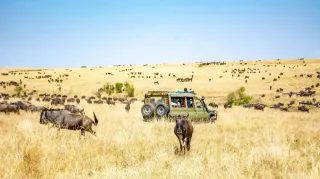
Kenya: The Land of Timeless Safaris & Sky-High Escapes
From the Great Migration in the Masai Mara to coastal elegance in Diani Beach, discover why Kenya is the ultimate playground for high-end African adventures. ...more
Destination Guides
July 04, 2025•2 min read
Need More Information?
Get our detailed brochures and destination guides.
Travel Planner or Agency?
Let’s work together to deliver extraordinary East African journeys.
Destinations
Company
Follow Us
© 2025 Iconic Travels. All Rights Reserved.

